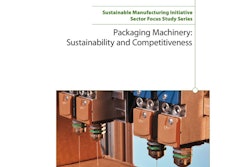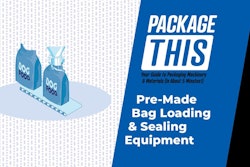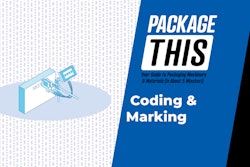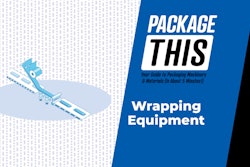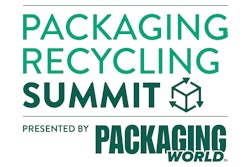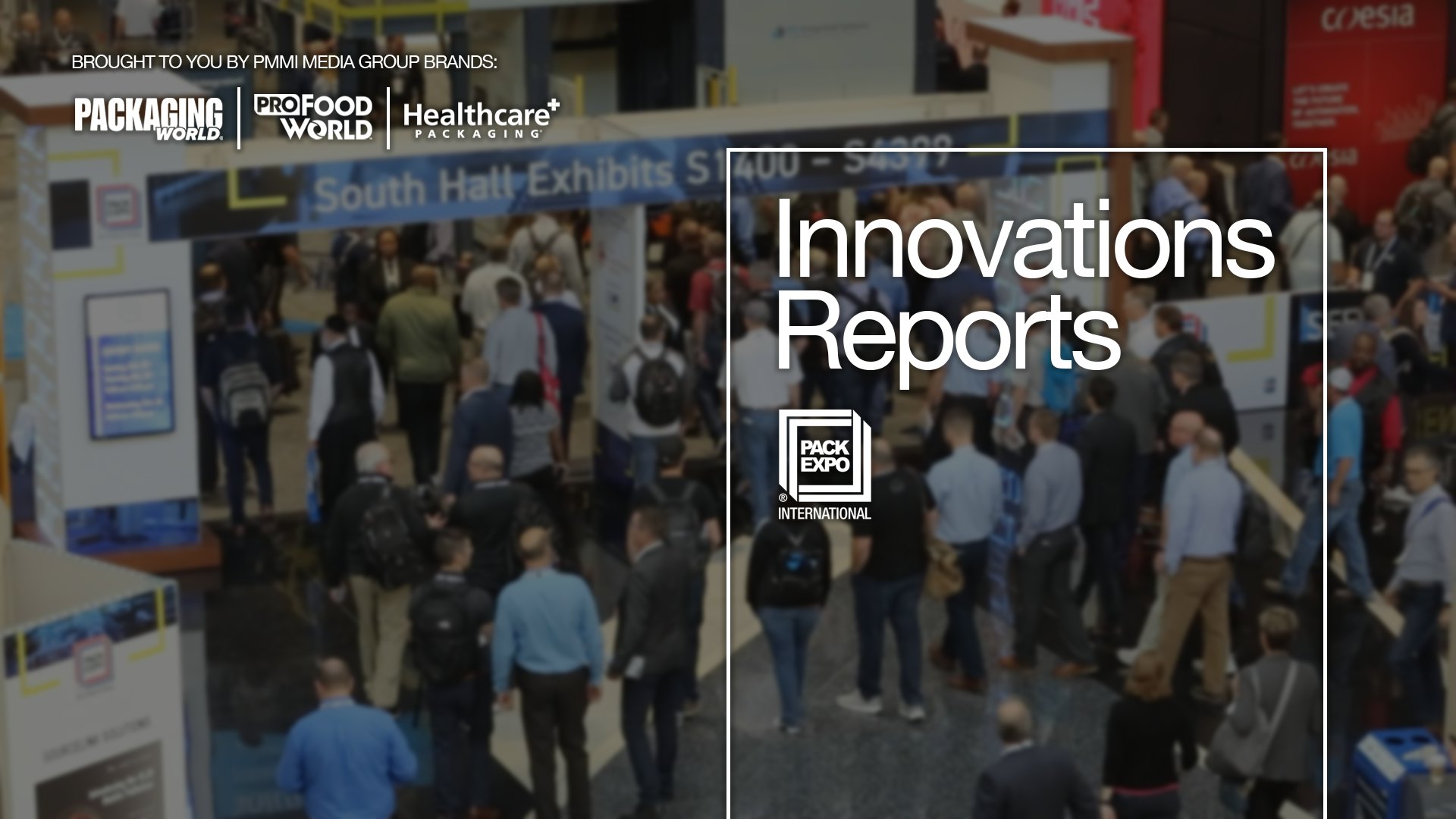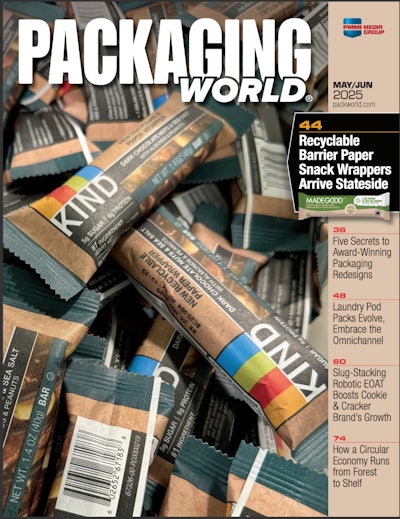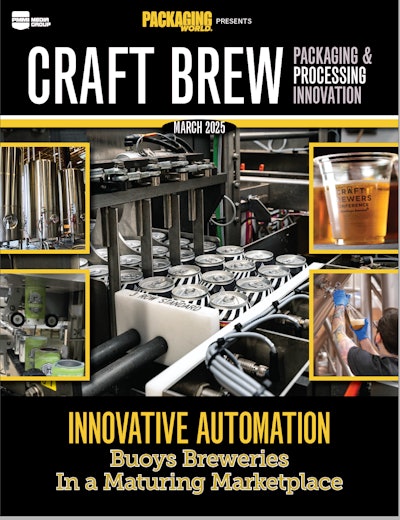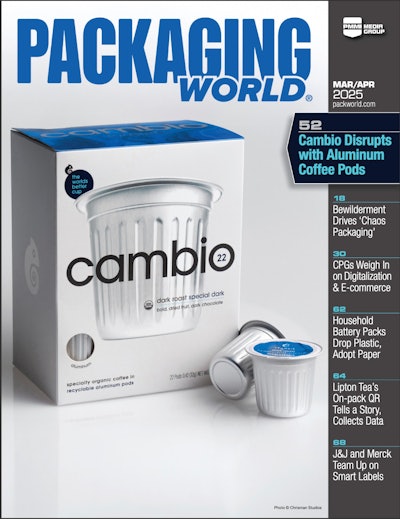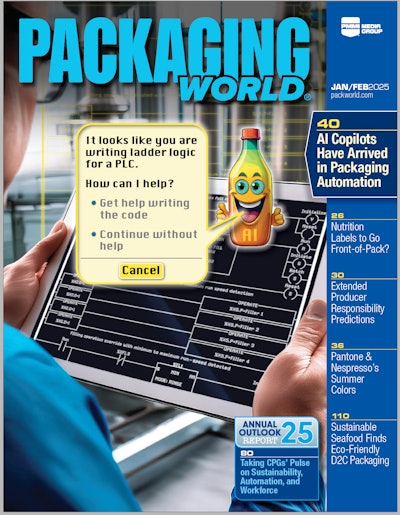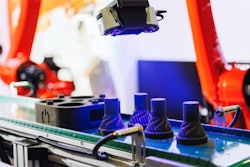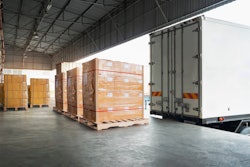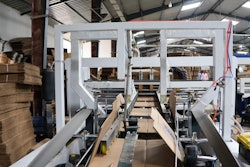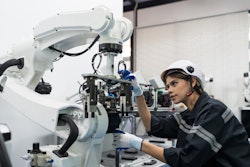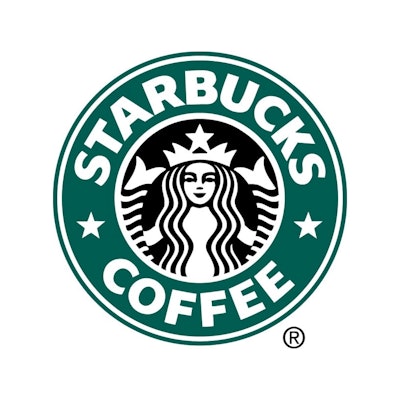
In November, Starbucks Coffee Company and International Paper Foodservice, with Mississippi River Pulp, completed a six-week pilot project that proved Starbucks used paper cups can be recycled into new paper cups. This advancement brings Starbucks one step closer to its goal of ensuring 100% of its cups are reusable or recyclable by 2015, says the company.
“This innovation represents an important milestone in our journey,” says Jim Hanna, Starbucks director of Environmental Impact. “We still have a lot of work to do to reach our 2015 goal, but we’re now in a much stronger position to build momentum across the recycling industry. Our next step is to test this concept in a major city, which we plan to do in collaboration with International Paper and Mississippi River in 2011.”
While some communities already recycle Starbucks paper cups, most do not have the infrastructure in place to handle collection, hauling, and processing due to a lack of demand for cup material by the recycling industry. To date, Mississippi River is the only pulp mill in the U.S. that has successfully recycled used cups into fiber suitable for producing new cups, says Starbucks.
“What’s really exciting about the Cup-to-Cup™ concept is that it has the potential to benefit not only Starbucks, but the entire foodservice industry,” says Greg Wanta, vice president of International Paper Foodservice, the largest manufacturer of Starbucks paper cups. “If we can continue to prove the value of used cup material generated by Starbucks and other retailers, we can help increase recycling rates in communities across the country.”
Adds Rob Garland, CEO at Mississippi River, “We’re looking forward to working with Starbucks, International Paper, and other stakeholders to take the pilot project to the next level. Based on what we’ve seen so far, we think this is a very promising path.”
The Cup-to-Cup pilot was conceived earlier this year at Starbucks’ second cup summit, which was held at the Massachusetts Institute of Technology. The two-day symposium convened government officials, raw material suppliers, cup manufacturers, retail and beverage businesses, recyclers, conservation groups, and academic experts to develop a plan for improving local recycling systems. As an important stakeholder in Starbucks supply chain, International Paper helped drive the summit dialogue. The company has since played a leading role in making the cup-to-cup concept a reality.
Starbucks launched the industry’s first paper cup containing post-consumer recycled fiber in 2006, following several years of collaboration with Mississippi River. Over time, Starbucks says that its switch to cups made from 10% PCF has diverted nearly 200 million pounds of paper from the landfill. While the company’s standard paper cups contain PCF made from office paper, the PCF used for the pilot project incorporates cup material.
Starbucks currently has another recycling pilot project underway in New York. The company is collecting paper cups at 86 of its Manhattan stores to determine whether they can be recycled into bath tissue and paper towels. In early 2011, Starbucks plans to launch a new recycling pilot in Chicago, aiming to transform the company’s discarded paper cups into napkins for use in its stores. Over the past year, Starbucks has introduced front-of-store cup collection in Toronto and Seattle, where its cups can be recycled, and in San Francisco, where its cups can be composted.





